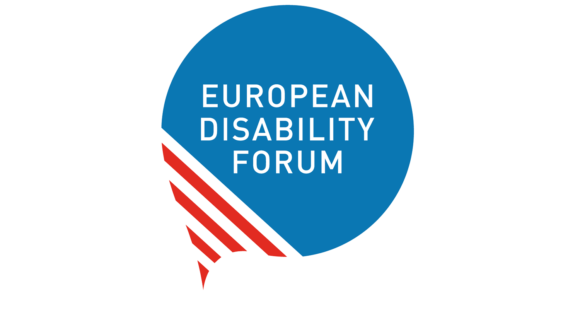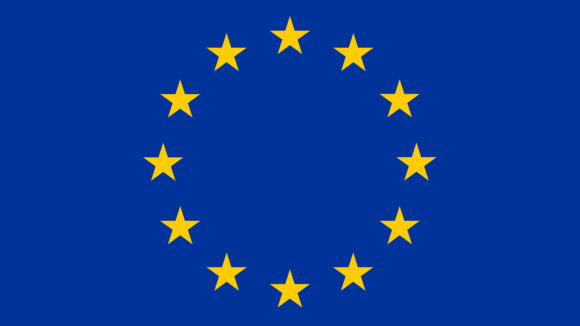“My dreams have wings now”: the impact of India’s SDG scorecard project
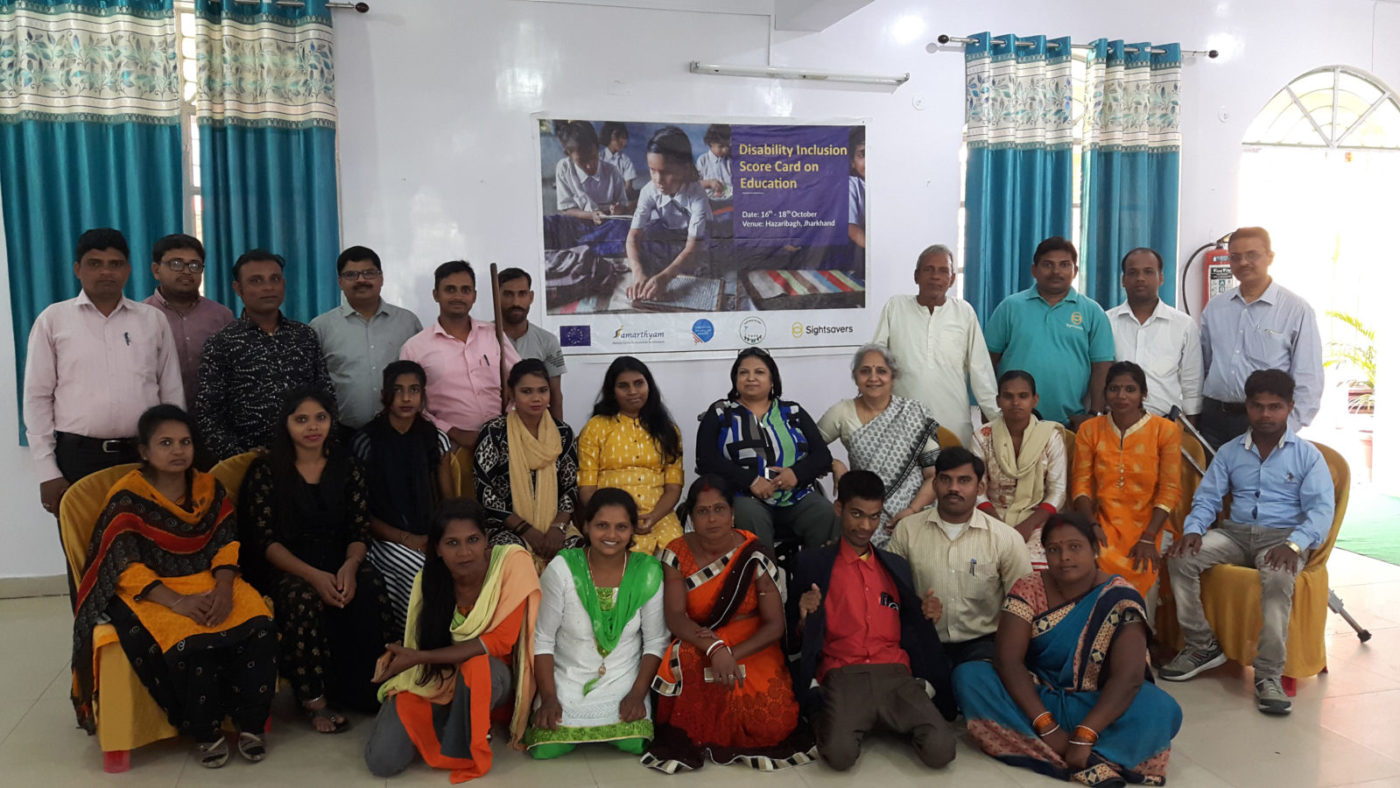
In March 2018, a project launched in five Indian states with an aim of supporting people with disabilities to play a vital, proactive part in implementing and monitoring the Sustainable Development Goals (SDGs) at local, state, national, regional and international levels.
The project, funded by the European Union, is called ‘Building partnerships for Sustainable Development Goals: empowering disabled people’s organisations’. As part of the project, an innovative disability inclusion scorecard was created, and this has led to remarkable results. It has developed the skills, knowledge and confidence of disabled people’s organisation (DPO) members, as well as increasing engagement with government departments and district officials.
The theme of the 2020 High-Level Political Forum is ‘Accelerated action and transformative pathways: realising the decade of action and delivery for sustainable development’. The project is a strong example of what is needed to achieve this: localisation of the SDGs framework, and accountability mechanisms.
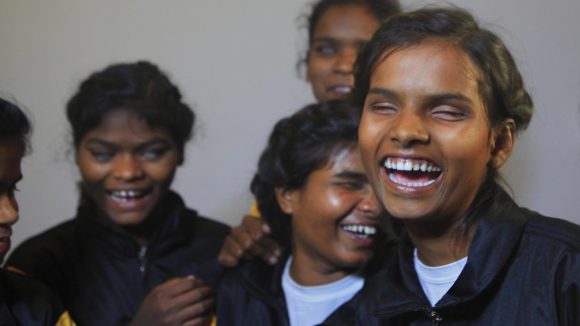
Join our campaign
Our Equal World campaign fights for the rights of people with disabilities.
More on the campaign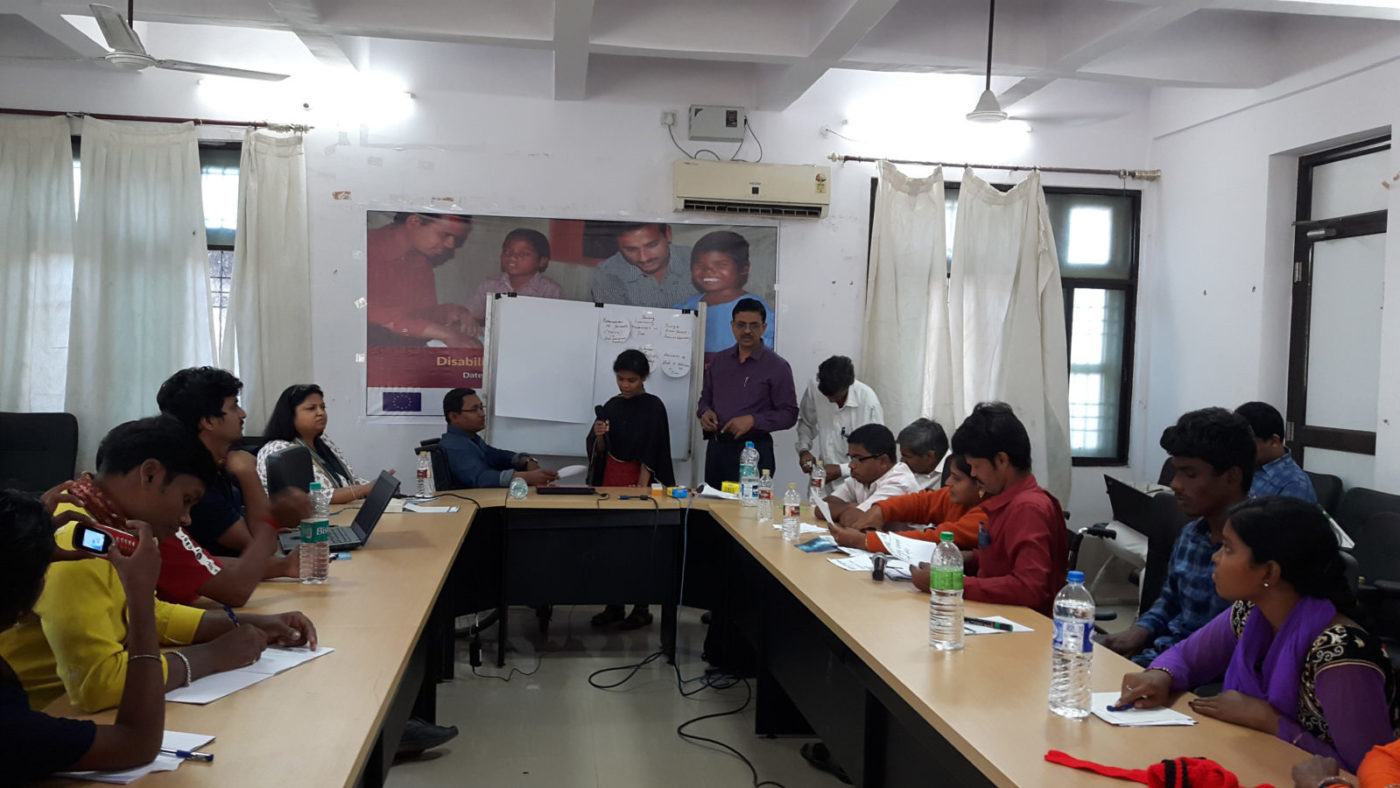
Getting started
Sightsavers, working with two national technical partners and 12 local partners, held training sessions for 15 DPOs in five project states. The sessions covered the SDGs, the United Nations Convention on the Rights of Persons with Disabilities (CRPD) and the Indian Rights of Persons with Disabilities Act 2016. This helped DPOs to increase their knowledge on the three frameworks to strengthen their advocacy.
Areas of focus emerged from the training sessions. These included social protection entitlements, inclusive and quality education, equal job opportunities and decent work conditions. Participants agreed that knowledge of the SDG framework and its alignment with the CRPD and the National Disability Law was essential in achieving change at a local level. From this, the SDG scorecard on disability inclusion emerged.
About the disability inclusion scorecard
A score card is a participatory, community-based monitoring approach that helps people assess, monitor and evaluate services. Sightsavers, with expertise from the European Disability Forum, Together 2030 and Newcastle University, developed a disability-inclusive scorecard process on SDG implementation, with a specific focus on women with disabilities. The scorecard brings together service users and service providers to jointly analyse issues underlying service delivery problems and find collaborative ways to address issues.
The project started with a pilot focused around SDG 4 (inclusive education):
- The scorecard process was successfully conducted in five project districts (Jabalpur, Madhya Pradesh; Hazaribagh, Jharkhand; Raipur, Chhattisgarh; Ganjam, Odisha; and Chittorgarh, Rajasthan).
- The three-day programme in each location included DPO members, children with disabilities and their parents, schoolteachers, principals, Anganwadi (childcare centre) workers and district education officials.
- The participants were divided into different focus groups, including a separate focus group with women.
- Common challenges were identified and converted into indicators followed by a voting process.
- Meetings with DPO members and district government officials were held where final scoring was shared to highlight inclusion challenges in mainstream education.
- An action plan was developed based on the findings of the score card and the interface meetings.
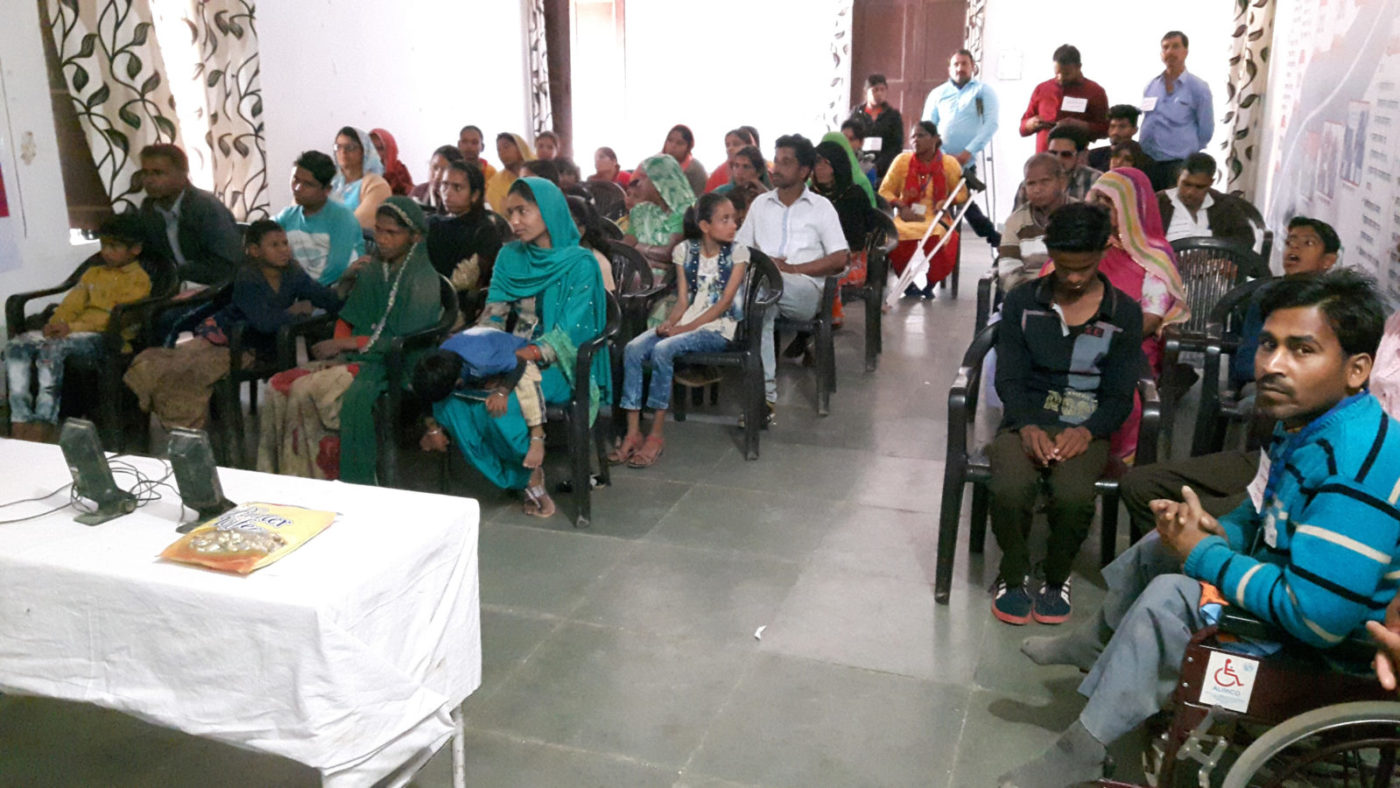
The remarkable results
The outcomes of the disability inclusive scorecard have been impressive. The initiative has strengthened the ability of DPOs to advocate for their rights, monitor SDG implementation at local level and have improved access to government development schemes and entitlements. This has helped build their confidence, knowledge and skills, and meant DPOs can now advocate with local government officials on disability inclusion and SDG implementation.
As Danjai, leader of a local DPO, puts it: “My dreams have wings now. When I was nominated group leader of the parents and DPO group recently in Ganjam, I ‘found myself’. This was my first community exposure and I learned how to lead active advocacy and stand up for the rights of girls and women with disabilities. For me, now there is no looking back. It’s one of the things I will never want to give up, no matter what people say to me.”
Leela, a DPO member from Jharkhand, found her experience of speaking publicly for the first time as part of the SDG scorecard process hugely empowering. “I was nervous while holding the microphone,” she says, “but when I looked around, I got my confidence back and could recall all my opening speech lines. I spoke with a mic for the first time in my life as part of the scorecard process and now I’m confident that I can address community meetings better and actively advocate for other women with disabilities.”
For further information on the project, contact Namrata Mehta at Sightsavers’ country office in India.
The district officials and government representatives who took part said that interaction with the communityvand DPO members gave them an opportunity to learn about the issues people face. They were receptive and their assurance of working with the DPOs to improve inclusion in education was extremely encouraging.
In Hazaribagh, for example, the senior government official from the district education department promised to look into issues highlighted at the meeting. He offered some on-the-spot solutions and suggested that the DPO could share examples of best practice with the district education department so that they could replicate this in their area. He offered an open invitation to the participants to approach him if required, and requested parents to coordinate with the district officials to ensure their children received benefits due to them.
In Chittorgarh, Rajasthan, the district government representative shared that the government would conduct nukad natak (street theatre) in the villages to educate the community on the importance of gender equality. She also suggested that the DPO ask the district magistrate to promote disability inclusion through nukad natak. She committed to exploring training for teachers on teaching children with disabilities, as well as a special budget for accessible physical environments to ensure accessible toilets and proper ramps in schools.
The impact of the disability inclusion scorecard process has been felt at a personal level, with increased self-empowerment of DPOs to promote inclusion in SDG implementation at local levels. Just as importantly, it has also been successful in creating an enabling and supportive environment for DPOs to take their advocacy efforts forward with fervour, and contribute actively to the localisation of the SDG framework.
Author
![]() Namrata Mehta
Namrata Mehta
Namrata is a programme manager at Sightsavers, based in India.
The project was supported by
Want to read more about our work?
Sightsavers and social inclusion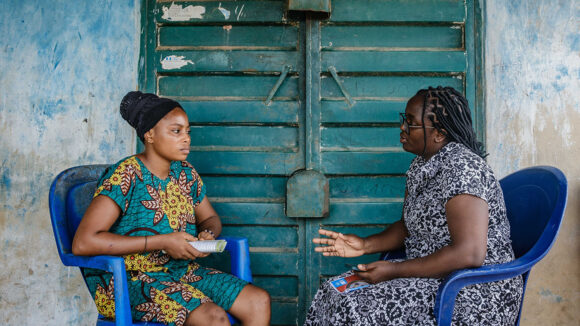
Why community collaboration is important in our research
Our research on female genital schistosomiasis has highlighted the need to establish a safe and supportive environment for participants when studying sensitive topics.
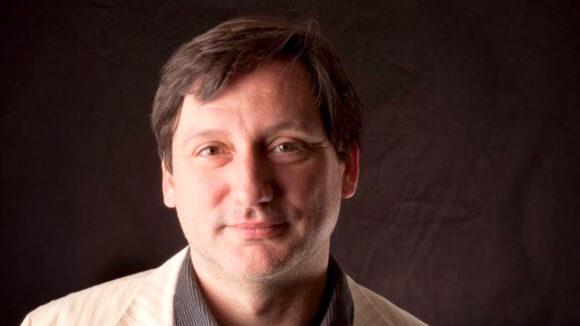
The key to inclusive education is engaging organisations of people with disabilities
Collaborating with organisations of people with disabilities (OPDs) on our inclusive education projects has earned the Sightsavers-led Inclusive Futures consortium a Zero Project Award in 2024.
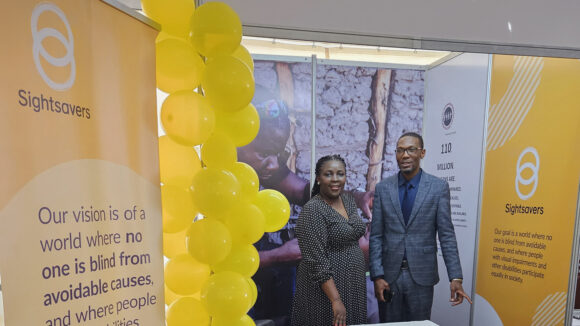
Six takeaways from the International Conference for Public Health in Africa
Sightsavers’ Hortance Manjo shares insights from the event in Zambia, which highlighted eye health for the first time.
